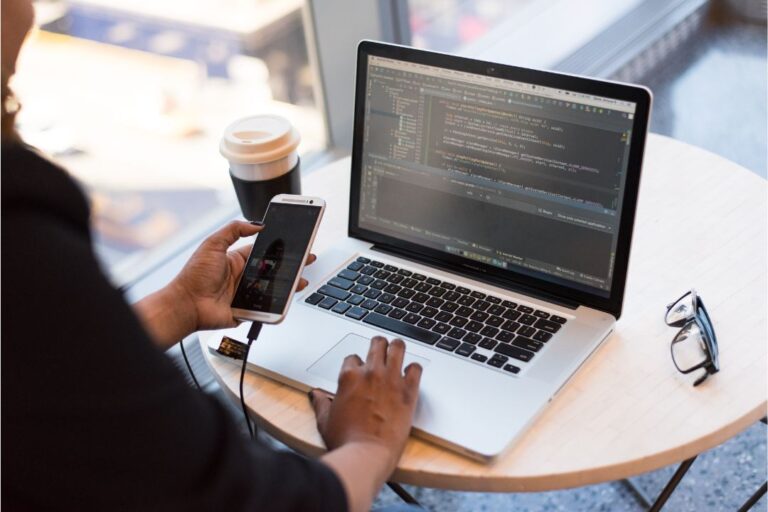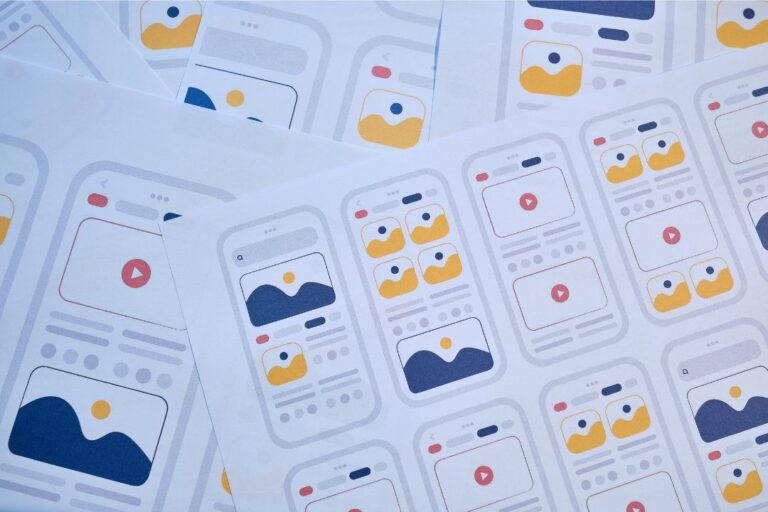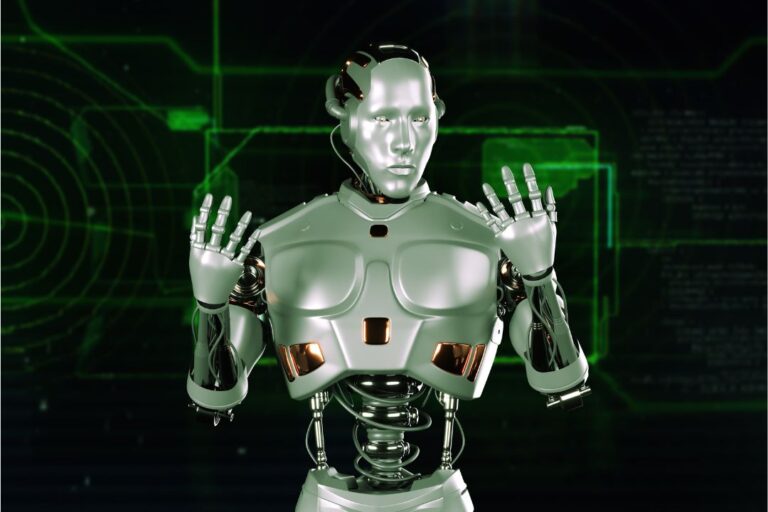Tyler Heinz World Classrooms: Revolutionizing Education for the Future
In today’s rapidly evolving world, education must adapt to meet the needs of students in ways that foster not only intellectual growth but also emotional and social development. Tyler Heinz World Classrooms represents a bold vision for the future of education, one that embraces technology, innovative teaching methods, and a global perspective. This educational initiative is designed to transcend traditional learning environments and offer students a comprehensive, holistic education that prepares them for a dynamic and interconnected world. By integrating cutting-edge tools, a forward-thinking curriculum, and an emphasis on inclusivity, Tyler Heinz World Classrooms is redefining what it means to learn in the 21st century.
The Vision Behind Tyler Heinz World Classrooms
The core philosophy of Tyler Heinz World Classrooms is rooted in the belief that education should not be confined to a traditional classroom. Instead, it should span across various platforms, experiences, and environments that encourage creativity, critical thinking, and collaboration. This vision takes into account the growing demands for education to go beyond the basics of reading, writing, and arithmetic and instead focus on developing well-rounded individuals who can thrive in a complex global landscape.
At the heart of this vision is the integration of digital tools and global perspectives. By incorporating modern technologies like virtual reality (VR), augmented reality (AR), and online learning platforms, Tyler Heinz World Classrooms ensures that students can engage with content in ways that were previously unimaginable. These technologies not only enhance the learning experience but also break down geographical barriers, allowing students from different corners of the world to collaborate and learn together.
Curriculum Design: Bridging the Gap Between Knowledge and Real-World Skills
The curriculum of Tyler Heinz World Classrooms is meticulously designed to bridge the gap between academic knowledge and real-world applications. It focuses on the development of critical thinking and problem-solving skills, encouraging students to engage with subject matter in a meaningful way. Unlike traditional curricula that rely heavily on rote memorization, Tyler Heinz World Classrooms fosters an environment where inquiry, exploration, and self-directed learning are central.
Students are encouraged to think independently, collaborate on projects, and tackle complex issues from multiple angles. This dynamic approach helps students not only understand theoretical concepts but also apply them to real-world challenges. Whether it’s through hands-on projects, group discussions, or virtual simulations, the curriculum is designed to foster the development of 21st-century skills such as creativity, collaboration, communication, and critical thinking.
Global Perspective: Educating for a Connected World
One of the standout features of Tyler Heinz World Classrooms is its commitment to providing students with a global perspective. In a world that is increasingly interconnected, it is essential for students to develop an understanding of different cultures, societies, and global issues. Through virtual exchanges, cross-cultural projects, and international collaborations, Tyler Heinz World Classrooms brings the world into the classroom.
Students are exposed to different languages, traditions, and viewpoints, which helps them develop a sense of empathy and global citizenship. In addition to classroom-based learning, students have access to a range of global resources, including guest lectures from international experts, virtual field trips to historical sites, and collaborative projects with schools from other countries. This approach ensures that students not only acquire knowledge but also gain the ability to think globally and work effectively with people from diverse backgrounds.
Technological Integration: Empowering Learning Through Innovation
At Tyler Heinz World Classrooms, technology is not just a tool—it’s an essential component of the learning experience. The integration of advanced technology into the classroom environment allows for a level of engagement and interactivity that traditional teaching methods cannot match. Virtual reality (VR), for example, enables students to step inside historical events, explore the human body in 3D, or travel to faraway places without ever leaving their desks. This immersive learning experience enhances understanding and retention, making education more meaningful and impactful.
Similarly, augmented reality (AR) can be used to overlay digital information onto the physical world, allowing students to interact with educational content in new and exciting ways. Whether it’s visualizing complex scientific concepts or exploring famous works of art, AR creates opportunities for deeper engagement and exploration. Additionally, artificial intelligence (AI) is used to personalize learning, adapting content and challenges to the individual needs and progress of each student. This ensures that every learner is met at their level and supported as they grow and develop.
Inclusivity and Accessibility: Education for All
A core principle of Tyler Heinz World Classrooms is inclusivity. Education should be accessible to all students, regardless of their background, abilities, or geographical location. The initiative actively works to ensure that students from diverse backgrounds—whether they come from underprivileged areas, face physical disabilities, or are non-native speakers—have the opportunity to thrive.
By utilizing assistive technologies such as text-to-speech software, adaptive learning platforms, and multilingual resources, Tyler Heinz World Classrooms ensures that every student can engage with the content in a way that suits their individual needs. This commitment to inclusivity extends beyond technology, with teaching methods that emphasize personalized learning and a supportive, collaborative classroom environment.
Empowering Educators: Supporting Teachers to Excel
Teachers are the cornerstone of any successful educational initiative, and Tyler Heinz World Classrooms recognizes the importance of empowering educators. Teachers are provided with ongoing professional development opportunities to ensure they are equipped with the skills and knowledge needed to succeed in this rapidly changing educational landscape. Whether it’s learning how to effectively integrate new technologies into the classroom, developing innovative teaching strategies, or staying up-to-date on the latest trends in education, Tyler Heinz World Classrooms supports its educators every step of the way.
Through collaborative networks, professional learning communities, and access to the latest research and best practices, teachers are given the tools they need to create dynamic, engaging learning environments. This emphasis on continuous professional growth not only benefits educators but also directly impacts the quality of education that students receive.
Looking Ahead: The Future of Education
As Tyler Heinz World Classrooms continues to evolve, its commitment to innovation, inclusivity, and global engagement will remain at the forefront. The initiative recognizes that education is not a static entity but a dynamic process that must continuously adapt to meet the needs of students and society. With an unwavering focus on providing students with the skills, knowledge, and mindset required to succeed in a complex, ever-changing world, Tyler Heinz World Classrooms is paving the way for the future of education.
In conclusion, Tyler Heinz World Classrooms is much more than a new educational model—it’s a movement aimed at transforming how we teach and learn. By embracing technology, global perspectives, and inclusive practices, it creates a learning environment that is as innovative as it is accessible. This forward-thinking initiative has the potential to shape the next generation of leaders, thinkers, and creators, ensuring that they are prepared to face the challenges and opportunities of an increasingly interconnected world.
{stop article}







